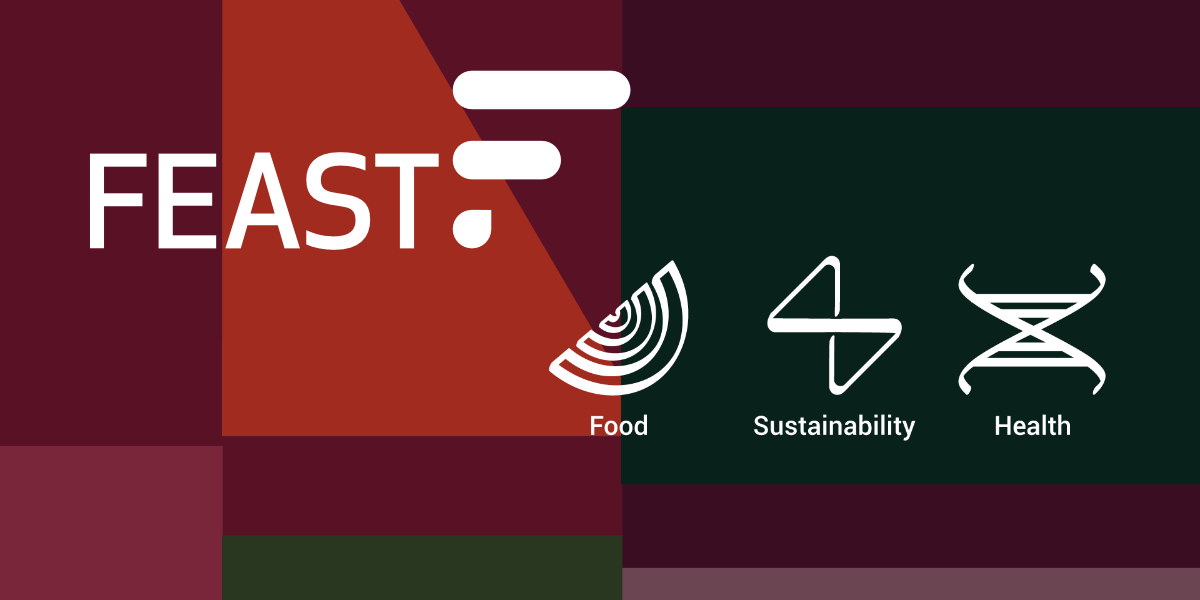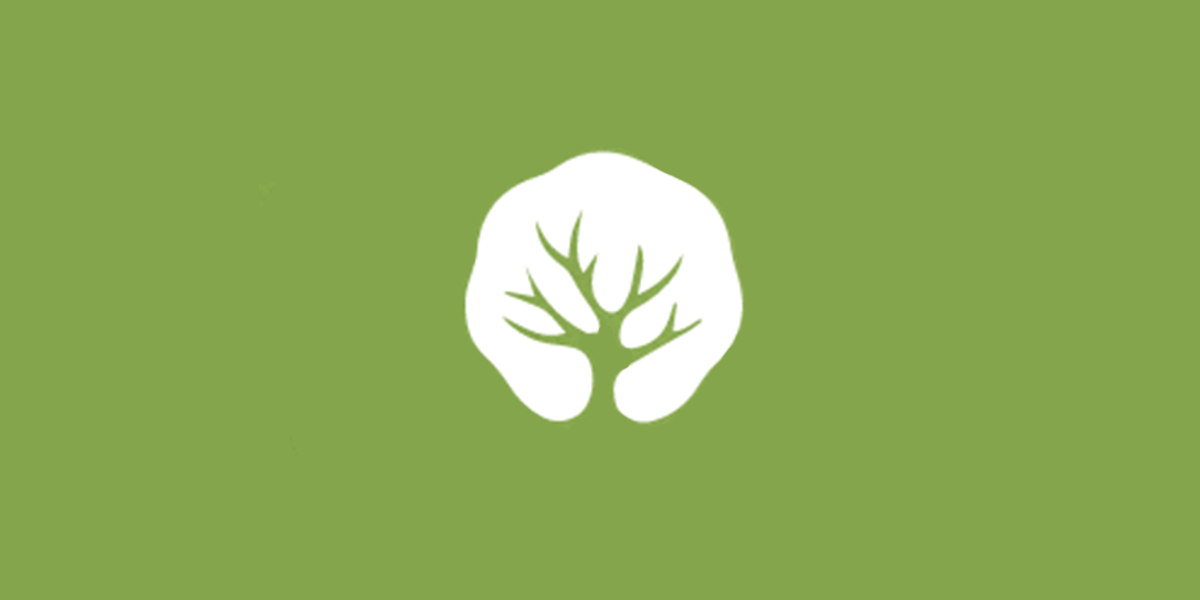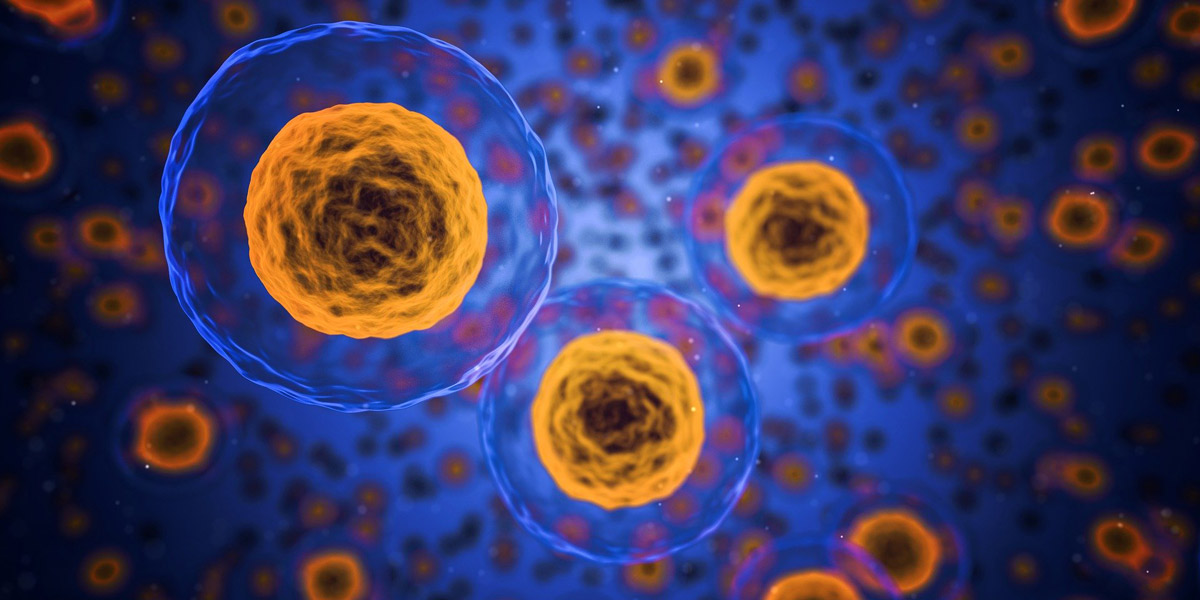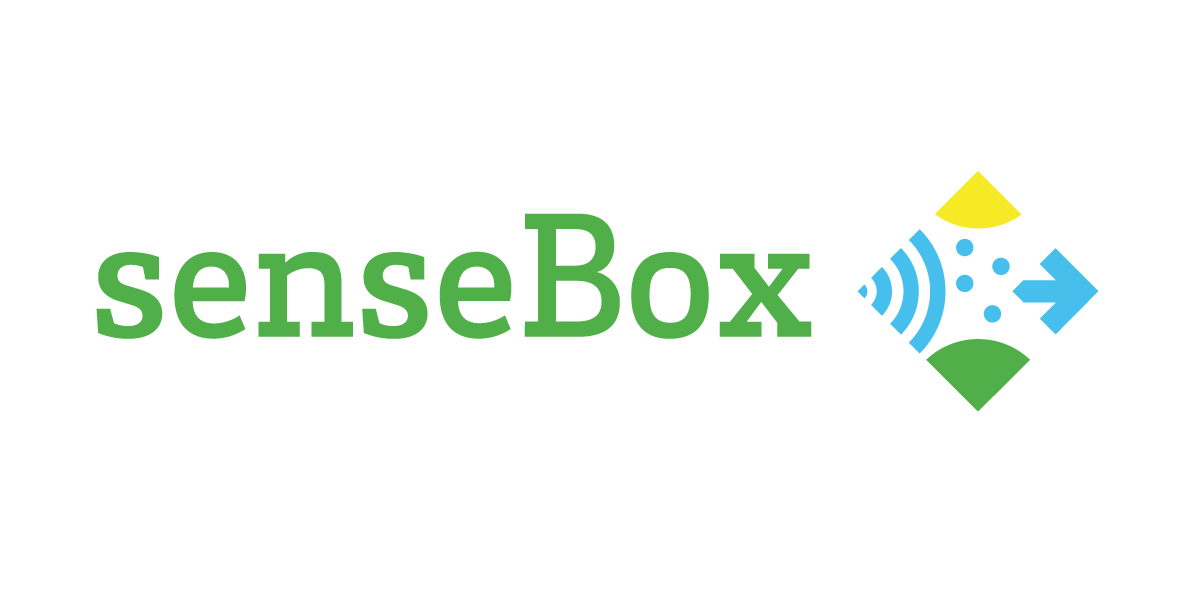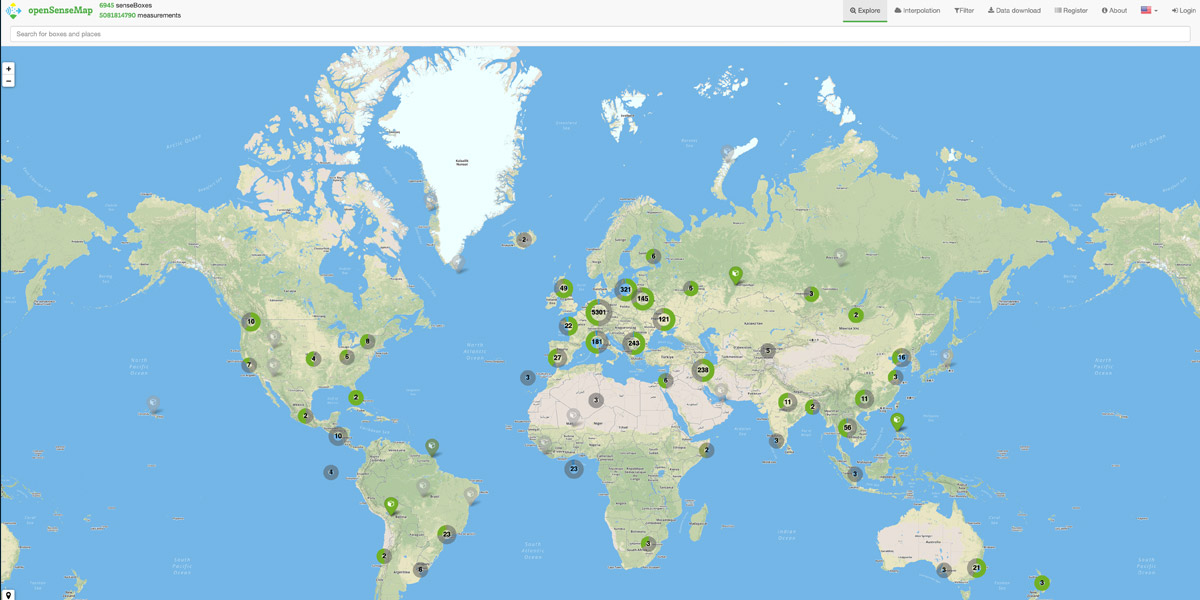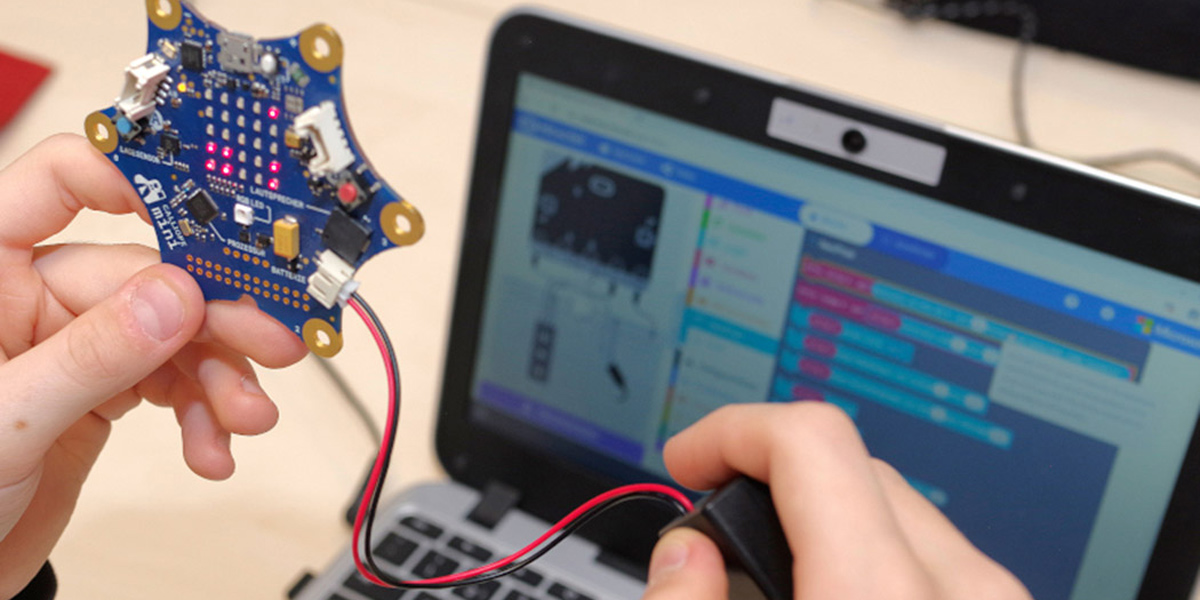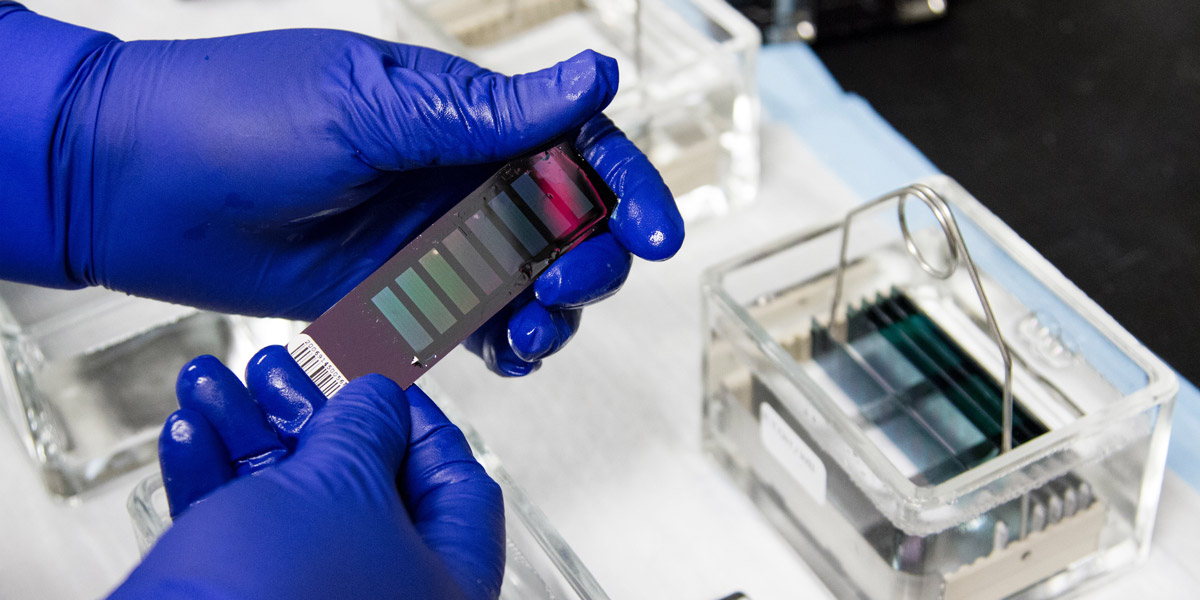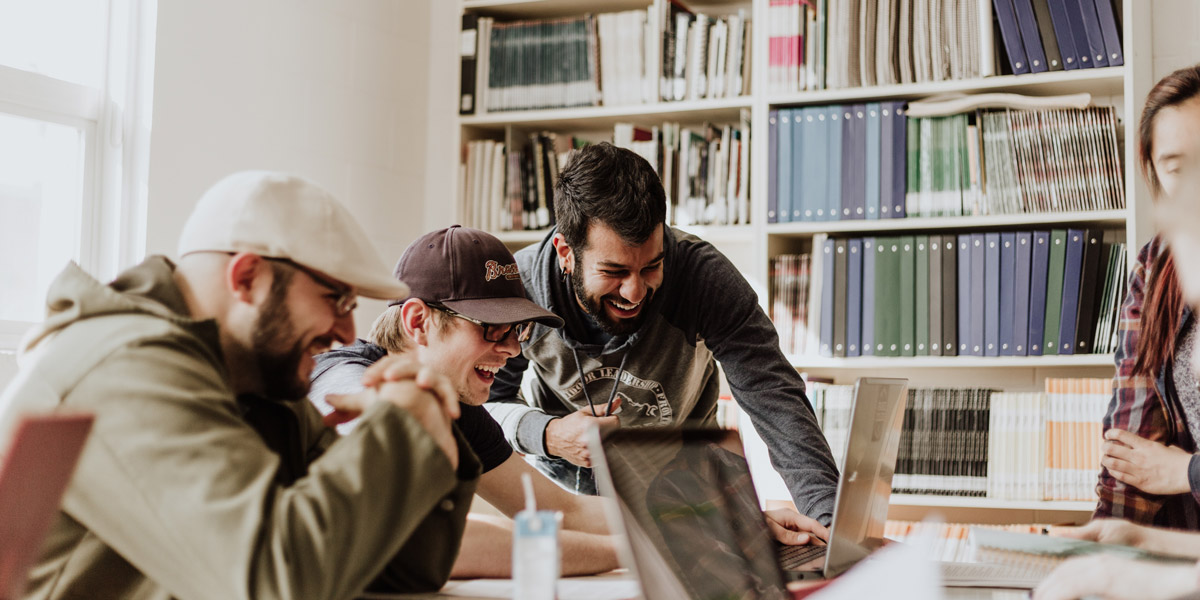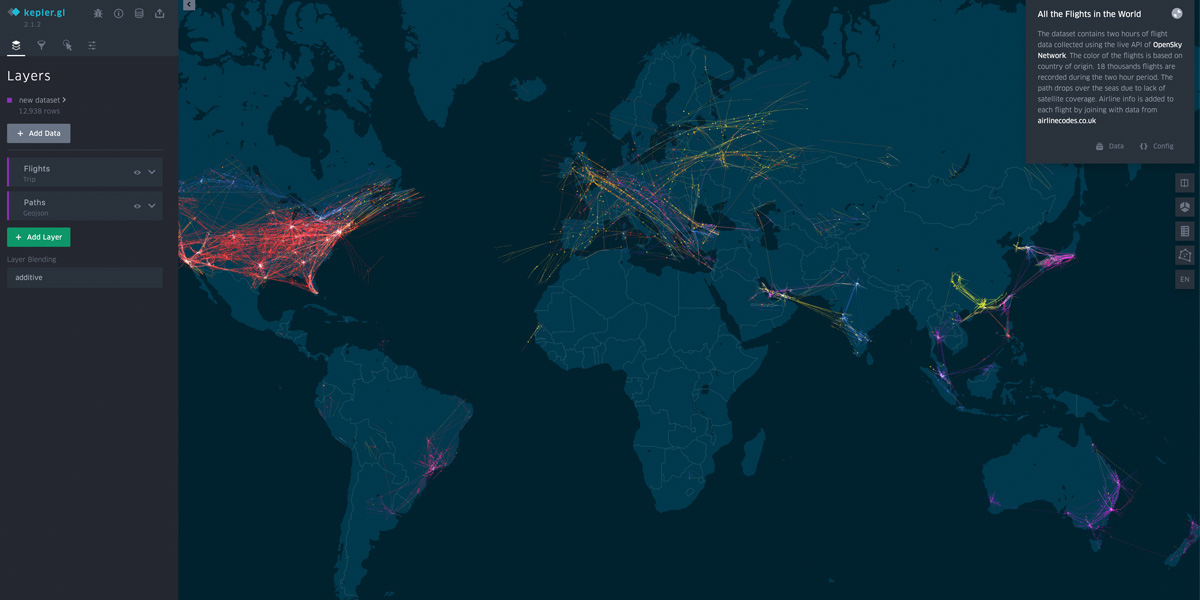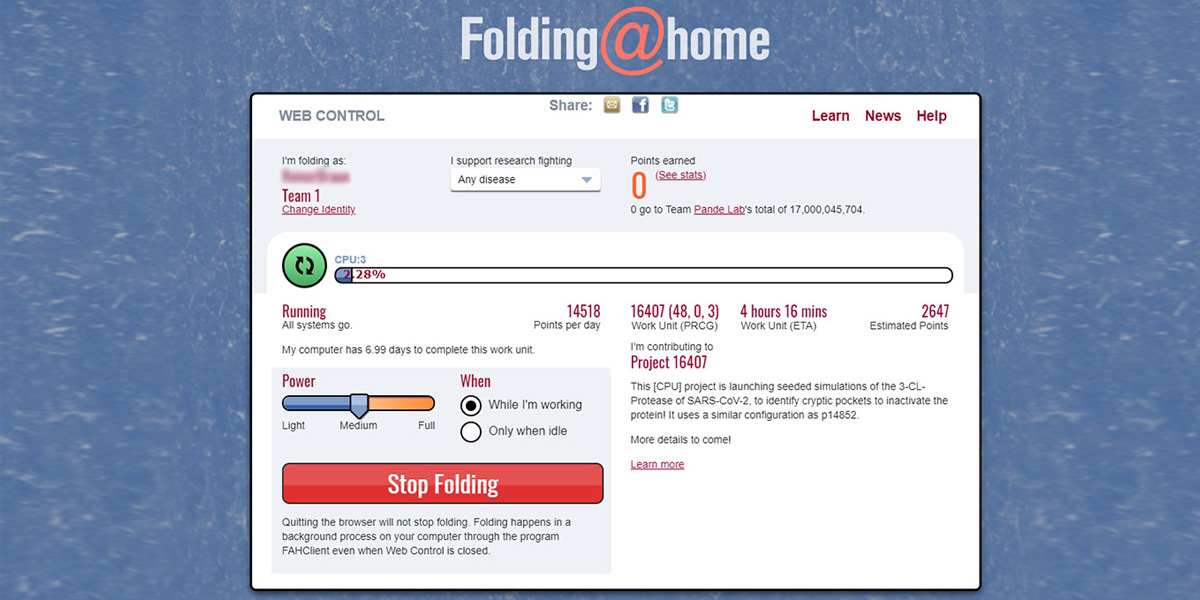FEAST
FEAST (Food systems that support transitions to hEalthy And Sustainable dieTs), a 5-year Horizon Europe project, aims to transform European food systems from the current 'Lose-Lose-Lose-Win' model, benefiting only big food corporations at the expense of the environment, health, and public sector, into a 'Win-Win-Win-Win' model. This shift would bring gains for people, the planet, the public sector, and the private sector. To achieve this, FEAST employs a multi-actor approach, crucial for empowering all food system players with the necessary knowledge.
